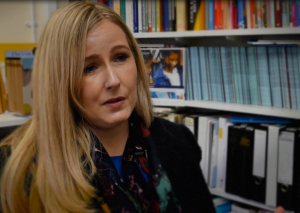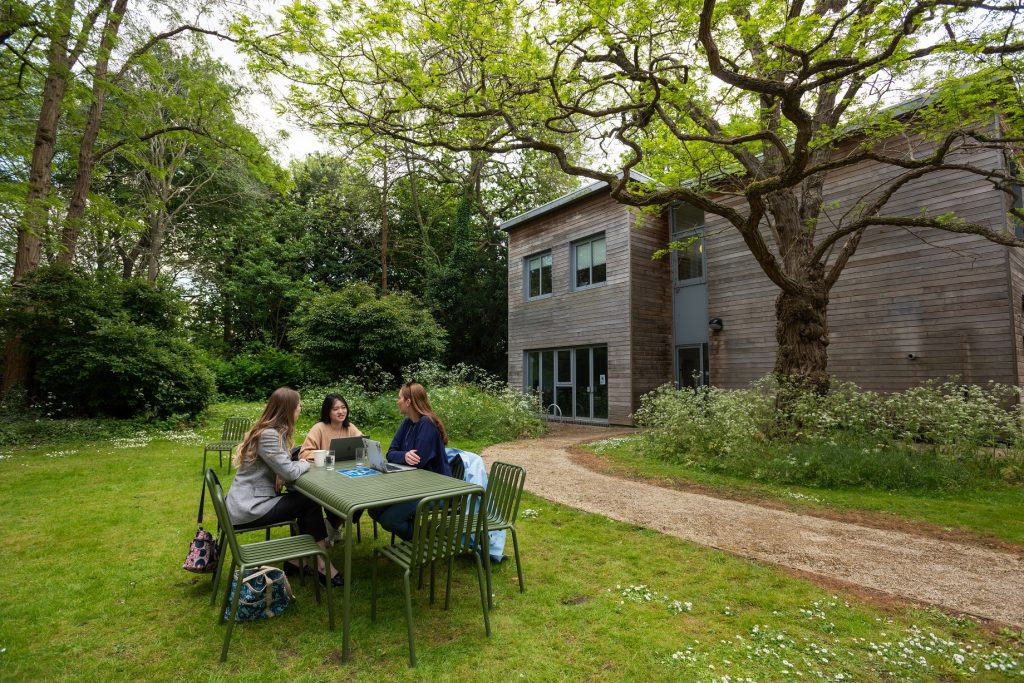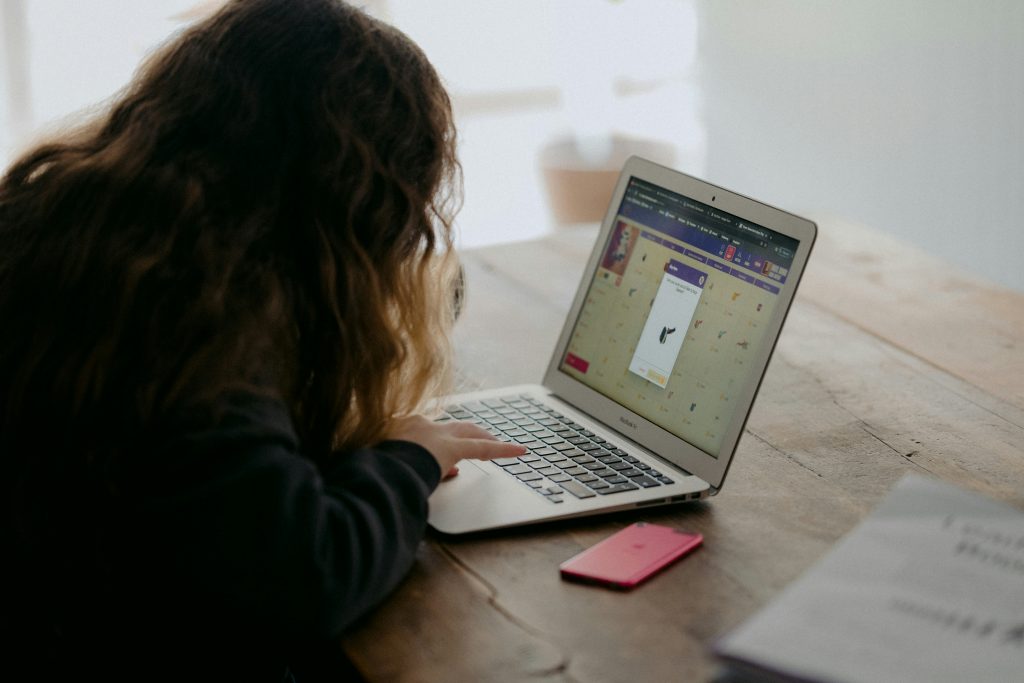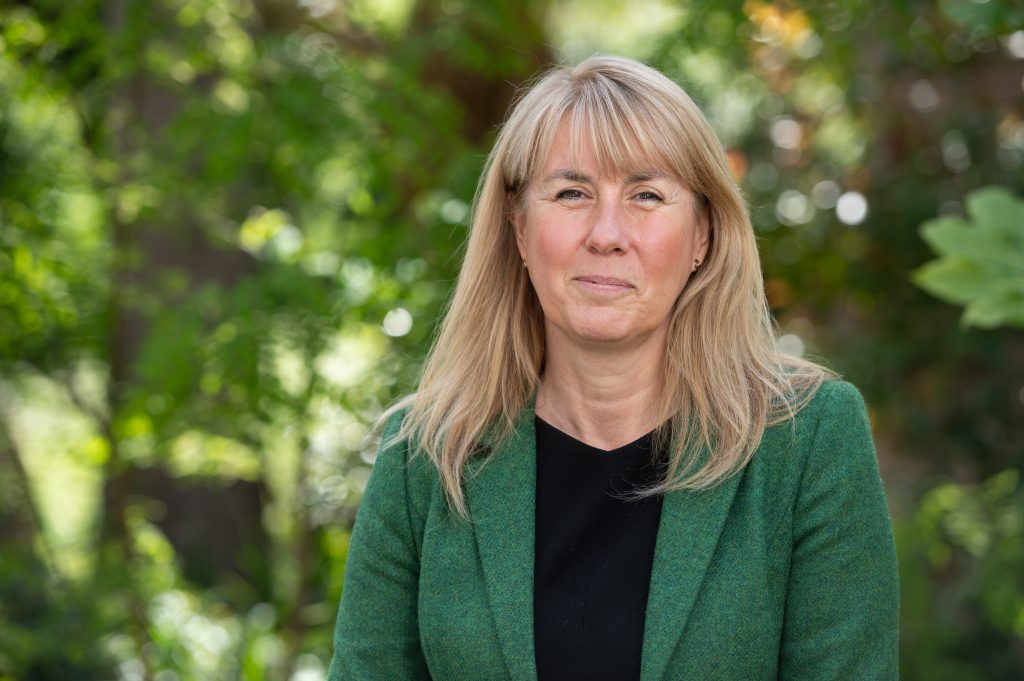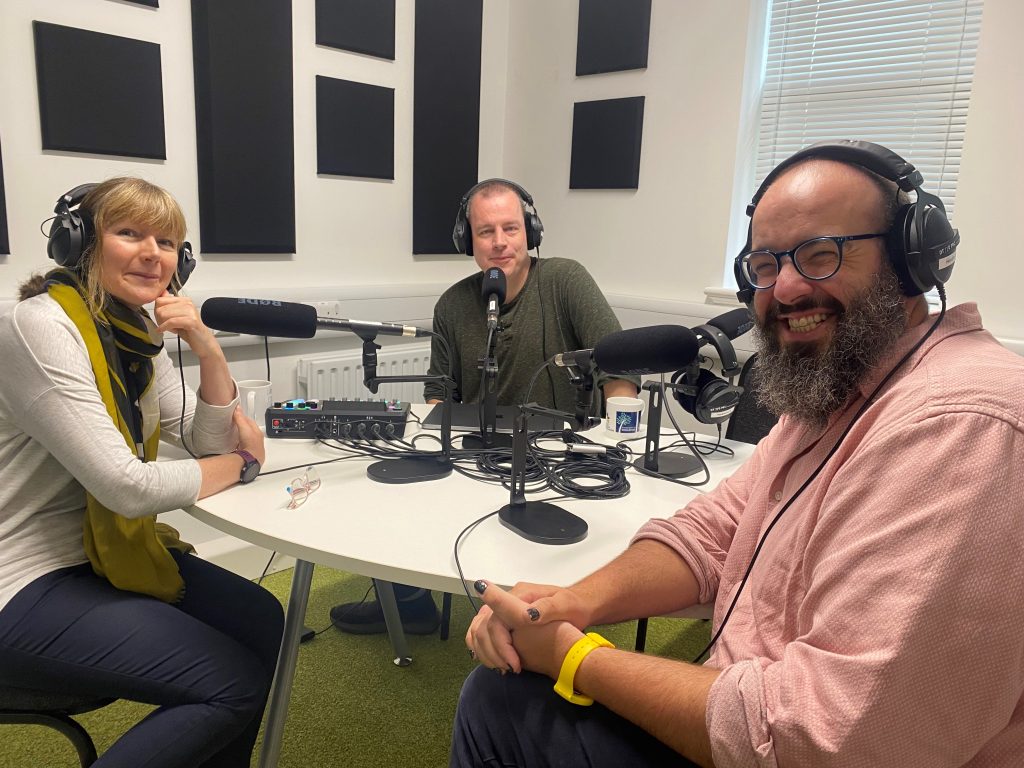The Project
PIRLS 2016 is the fourth cycle of the Progress in International Reading Literacy Study, coordinated by the International Association for the Evaluation of Educational Achievement (IEA).
PIRLS provides internationally comparative data about how well children from different countries read after four years of primary schooling. England has participated in PIRLS in all previous cycles (2001, 2006, and 2011) and continues this tradition in 2016. For this latest cycle OUCEA and Pearson, in partnership, have formed the National Centre for PIRLS, which is funded through a contract with the Department for Education. PIRLS not only assesses student performance in reading, it also gathers information about how children’s home and school environments support learning to read.
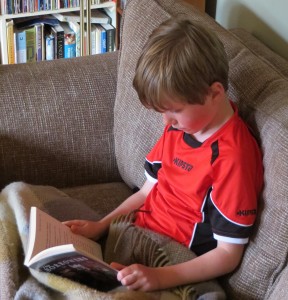
The PIRLS for Teachers project
Despite the huge amount of information provided by PIRLS (and similar other studies such as TIMSS and PISA), the publicly available results neither represent this nor do they meet what is of interest and use to teachers in England. Beyond England’s position in simplified rankings, research findings from PIRLS receive only limited attention. The extensive information that PIRLS provides about the contexts of teaching and learning go mostly unnoticed and hardly find their way to the media and to relevant stakeholders, such as teachers. Some other countries (e.g. Norway) engage teachers in the process of understanding PIRLS findings and extracting their implications for teaching practice in ways that have not been attempted in the UK.
At OUCEA we won an ESRC Impact Acceleration Award to implement the PIRLS for Teachers project in order to address this mismatch between availability of information and use of information.
The objective of this research project is to engage with teachers, increase their assessment literacy and their capacity to use data and information provided by PIRLS. We also aim to increase researchers’ understanding of the challenges teachers face in dealing with PIRLS findings and identifying their specific needs and interests. Specifically, teachers and researchers act as co-producers of relevant new knowledge by jointly interpreting the PIRLS findings, addressing new research questions and finding ways in which results can be used to improve teaching practice.
The project encompasses an evaluation of theories and practices of communication and exchange of knowledge as they have been practised in other countries (e.g. Schwippert & Lenkeit, 2012). We are bringing together teachers, international assessment managers and researchers from OUCEA to work collaboratively and produce materials to support literacy teaching in primary schools in England. This includes workshops where we jointly interpret the PIRLS findings, analyse reading items, identify the ways in which they can be used to improve teaching practice and construct dissemination materials oriented specifically towards the use of research findings for practice at the class level. We will also produce a web-based platform and a webinar to disseminate the produced materials. We propose to develop material together with literacy teachers combining knowledge from reading research and teacher experience. The audience for the materials is primarily teachers, but they will also be of interest to researchers and policy makers.
Project Outcomes
Project Experience
PIRLS for Teachers has been designed as a knowledge exchange project between researchers and teachers, where both groups had the opportunity to learn from each other. Watch our podcasts for the researchers’ and teachers’ experiences with the project:
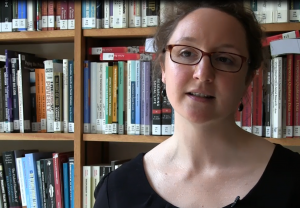
Dr Jenny Lenkeit on the researchers’ experience’
Deputy Headteacher Alice Robinson on the teachers’ experience
Click here for the long version of Alice Robinson on the teachers’ experience’
Practitioner Materials: Posters
In the months following the workshops with teachers, the team at OUCEA conducted statistical analysis with the PIRLS England data. We tried to balance teachers’ interests with what is actually available in the PIRLS data and settled on two topics that could be of interest to teachers:
Fostering pupils’ motivation through after-reading-activities. Click on the picture to view or download the poster.
Supporting pupils’ reading motivation with instructional materials. Click on the picture to view or download the poster.
We collected feedback from different professionals (e.g. teachers, teacher students, researchers) on the posters regarding the language style, clarity of the message and visual attractiveness. To ensure a wider dissemination of the posters, printed versions are distributed to 100 randomly selected schools in Oxfordshire and Berkshire.
If you would like to hear us explain the posters, click on the podcasts below:
Public Seminar
Dr Therese N Hopfenbeck presented on the ‘Making use of international large-scale assessment data in national contexts: PIRLS for Teachers” in October 2016. To see the full podcast click here.
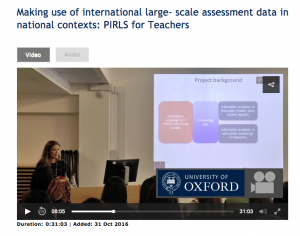
A review of practitioner engagement with international large-scale assessment results
International Large-scale Assessments (ILSAs) not only assess how school pupils perform, but also gather information about how their home and school environments support learning in different subject areas. There is, however, a knowledge gap between the information provided by ILSAs, the research results that are publicly available, and what is communicated to teachers in England. This literature review provides examples of learning initiatives in various jurisdictions and can be accessed here.
Publications
Publications
Popat, S., Lenkeit, J., Hopfenbeck, T. N. (2017) PIRLS for Teachers – A review of practitioner engagement with international large-scale assessment results. Oxford University Centre for Educational Assessment Report OUCEA/17/1
Lenkeit, J (2016) Review of National Reports on PIRLS. Oxford University Centre for Educational Assessment Report OUCEA/16/1
Lenkeit, J., Chan, J., Hopfenbeck, T.N., & Baird, J.-A. (2015)A review of the representation of PIRLS related research in scientific journals. Educational Research Review,
Lenkeit, J. & Burge, B. (2014). Analysis of the PIRLS 2011 data: Save the Children evidence report. Slough: NFER.
Caro, D.H. & Lenkeit, J. (2012) An analytical approach to study educational inequalities: 10 hypothesis tests in PIRLS 2006, International Journal of Research and Method in Education, 35 (1), 3-30.
Lenkeit, J. (2012) How effective are educational systems? A value-added approach to study trends in PIRLS, JERO Journal of Educational Research Online, 4 (2), 143-173.
Schwippert, K. & Lenkeit, J. (Eds.) (2012). Progress in reading literacy in national and international context. The impact of PIRLS 2006 in 12 countries. Münster, Germany: Waxmann.
Milestones
Workshop 1
On 1 July 2015, the first workshop of the PIRLS for Teachers project took place. Eight teachers from different schools in the south of England visited the Department of Education to work with the OUCEA team on how we can make PIRLS and its findings more accessible and useful for practitioners.
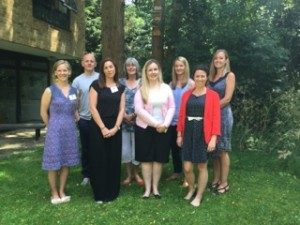
We first familiarised ourselves with PIRLS, the design of the study, the construction of reading literacy and all the available data about the characteristics of students, their teachers and head teachers and the contexts of the classrooms and schools. We also looked at some of the key findings from the latest PIRLS cycle in 2011.
This was followed by two group sessions: in the first, teachers worked through the reading texts and accompanying tasks. The aim of this group work was to identify what can be learned from the reading tasks that is interesting for teachers and could potentially help in the teaching of reading. One important aspect was, for example, that texts in the form of more traditional storytelling might disadvantage students from lower socioeconomic backgrounds further, because they might be less familiar with the style of writing.
In the second group session, teachers worked through the student, teacher and school background questionnaires and discussed what can be learned about the learning environment that is interesting and useful for them. One aspect, for example, was how a teacher’s motivation and interest in teaching may relate to the students’ own interests and motivation.
In the following months the team at OUCEA will dig deeper into the issues raised and the analysis will form the basis of the next workshop in November.
Symposium
Dr Jenny Lenkeit presented the PIRLS for Teachers project to Norwegian county education leaders, and exchanged ideas and experiences from Germany, Norway and England about the use of data from large-scale assessment studies such as PIRLS. The presentation was part of a symposium held at Queens College, Oxford on 11 September 2015.
Workshop 2
On 19 November 2015, the second workshop of the PIRLS for Teachers project took place. In the preceding months the OUCEA team investigated topics and questions that teachers were interested in from PIRLS. These related for example to ‘How does reading to students affect their motivation, confidence and interest in reading?’ and ‘How does reading engagement in a specific PIRLS passage differ between boys and girls, between those students who always or sometimes speak English at home and those with more or fewer educational resources at home?’. To address these questions we analysed the PIRLS 2011 achievement, student and classroom data.
In the workshop we first discussed the findings from our analysis with teachers and critically reflected on their accordance with teachers’ experiences from their own classrooms. We secondly discussed and identified possible implications of these findings for the teaching of reading in different settings, e.g. schools with relatively affluent students versus those with rather disadvantaged students. Lastly we exchanged ideas on the best format to present findings and their implications as practitioner materials. We agreed that visualisation of practitioner materials is best done in the form of posters.
In the following months the team at OUCEA will develop initial versions of practitioner materials (e.g. posters, podcasts) and pilot these with our group of teachers. Based on teachers’ feedback to these initial versions, the revised materials will be uploaded onto our website throughout summer 2016.

